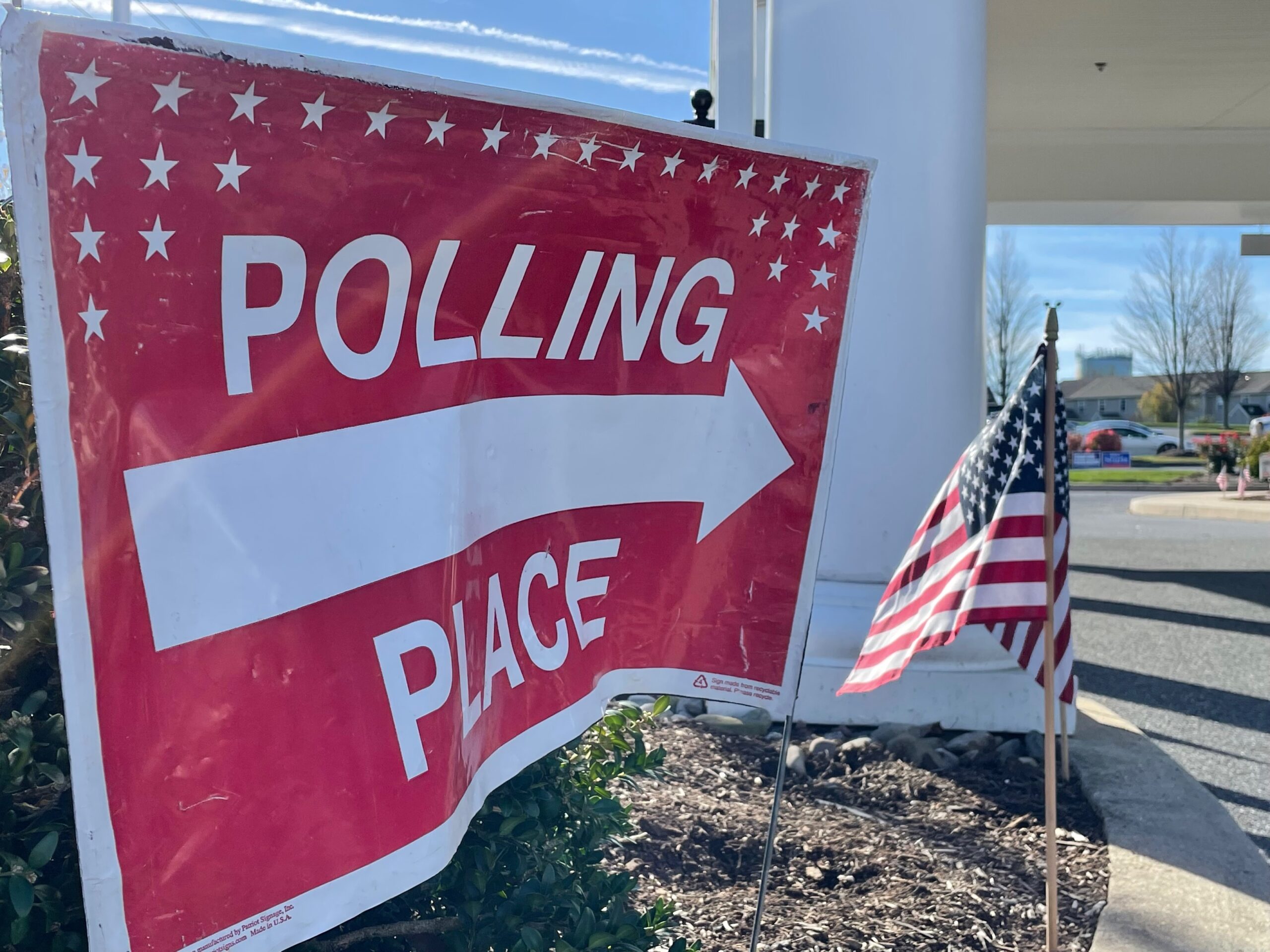At Wednesday’s Lancaster County Election Board meeting, board members reviewed some of the steps that the county is taking to reduce errors in future elections.
Chief Clerk of Elections Christa Miller told the board that in the May primary election, there were 205 mail-in ballots rejected for non-conformance with election law requirements: 138 without secrecy envelopes and 67 without a signature or valid date.
She said printing some of the instructions in white text on a black background helped voters avoid mistakes.
Miller also addressed the printing error that complicated the primary’s mail-in ballot logistics. The county had to recall the ballots just as they were being sent out, then print and mail out replacements.
Out of the more than 18,500 ballots affected, about 3,400 reached voters’ mailboxes, Miller said. Of those, about 750 were returned, of which 550 were superseded by a correctly voted replacement ballot, leaving 200 for county elections staff to re-mark.
“What we did was great,” Miller said in detailing the quick remediation of the ballot error after it was detected at the very beginning of ballot delivery for the spring primary. Miller cited the assistance of the Postal Service as an important part of the fix.
Putting things right cost about $25,000, which state election grant funding will cover, she said.
Going forward, she said, her office and the Department of State are developing a procedural checklist. Her office will also bring in a proofreader to check ballot proofs for errors before bulk printing.
Moving back to strategies for reducing voter errors, Miller said the county plans to make the secrecy envelopes yellow, so they stand out, and adjusting some of the wording on instructions to voters. The county can make those changes on its own and does not need Department of State approval, she said.
“We’re out to try to do little things like that, that will help improve the process for the voters,” she said.
“This is important,” said County Commissioner John Trescot, who is the board’s chair. “it’s not going to get to a zero-error system, but it’s going in the right direction.”
Poll books
The board also reviewed the electronic poll books that were piloted in the primary election in May.
Miller made it clear that she is not yet asking for approval for a countywide rollout. That will wait until after approval of a state budget, which is expected to include funding to cover the cost.
That said, the pilot went well: The new electronic systems were deployed in seven precincts, with a pretty large turnout in several, and voters and poll workers had positive things to say.
Paper poll books have to be printed in advance, then supplemented with additional printouts as last-minute registration changes come in. In the electronic poll books, “everything was already there” and up to date, Miller said. That makes it easier to get crucial information across a pretty large county, and saves time.
Redirecting voters was also easier. People who ended up at the wrong polling place could be given the correct address right away. The electronic poll books contributed to lower wait times, she said, especially for groups arriving at the polls together.
She said the system can be further tested in November with higher turnout.
Users cited a few downsides, most of which the county can fix. The tilt of the devices can’t be adjusted well. The printed-out slips didn’t include party affiliations, so those had to be written by hand. That can be changed, Miller said.
She estimated that 10 counties statewide have fully implemented the technology, including Bucks County, and others are piloting it.
Board member Judge Jeffery Wright noted the improved voter ease, accessibility and accountability, and stressed the cybersecurity standard of the technology.
“It’s not connected to the Internet, so you can’t hack it,” he said. “There is no malware.”
Trescot asked Miller to prepare a report on the poll book pilot and recommend next steps.
“It’s not a trivial amount of money,” he said. “We want to make sure we are getting a benefit for it.”
Miller said that the state’s election integrity grant program will cover all costs for the electronic poll books. The county could choose to buy the devices, in which case there would be an annual $75,000 software license fee; or, alternately, it could enter into a six-year lease that covers all hardware and software costs.






